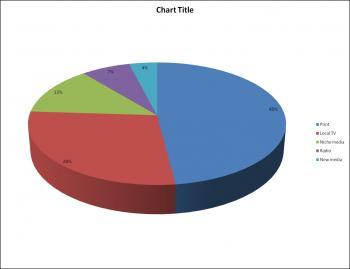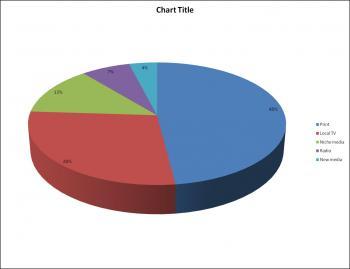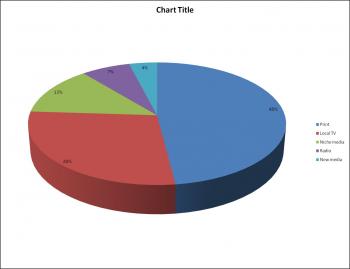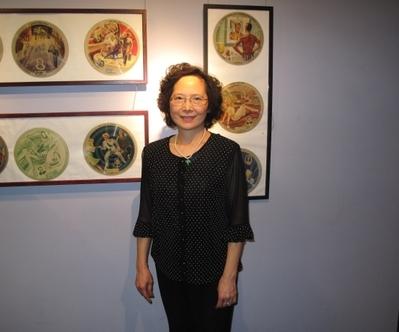The Epoch Times and New Tang Dynasty Television organized their first Los Angeles College Fair on Sept. 12. More than 50 educational institutions participated; including Harvard, Yale, the Universities of Chicago and Pennsylvania, Caltech, USC, UCLA, and UC Berkeley.
The event attracted more than 1,500 mainly ethnic Chinese students and parents.
Educational consulting companies also attended including Princeton Review, The Ivy Review, SAT Professionals, Chyten Educational Services, and others.
Owing to school performance and family income, among other factors, for the second consecutive year Business Week has picked the city of Arcadia as the “Best City to Raise Kids” in California.
Epoch Times and NTDTV Organize First Los Angeles College Fair
A college fair in Arcadia, CA, suburb of Los Angeles, attended by more than 1,500 mainly ethnic Chinese students and parents.

Source: PEJ
|Updated:





